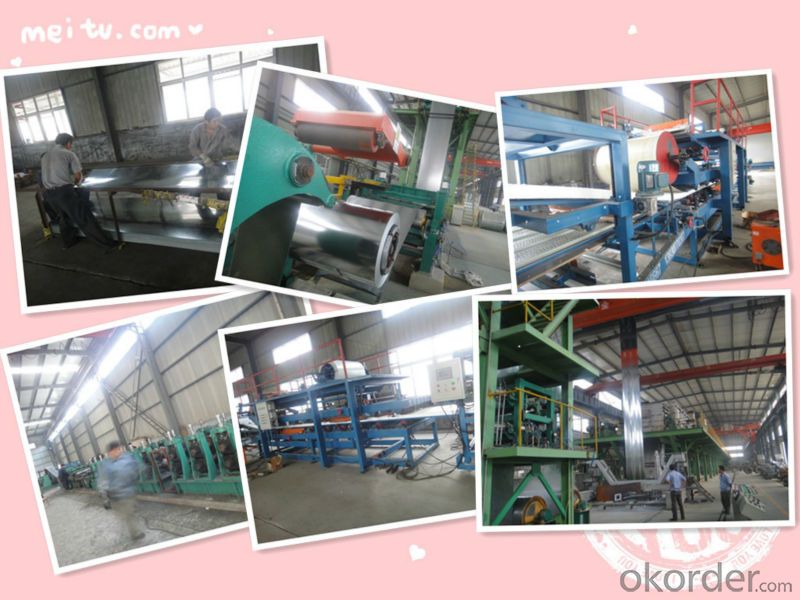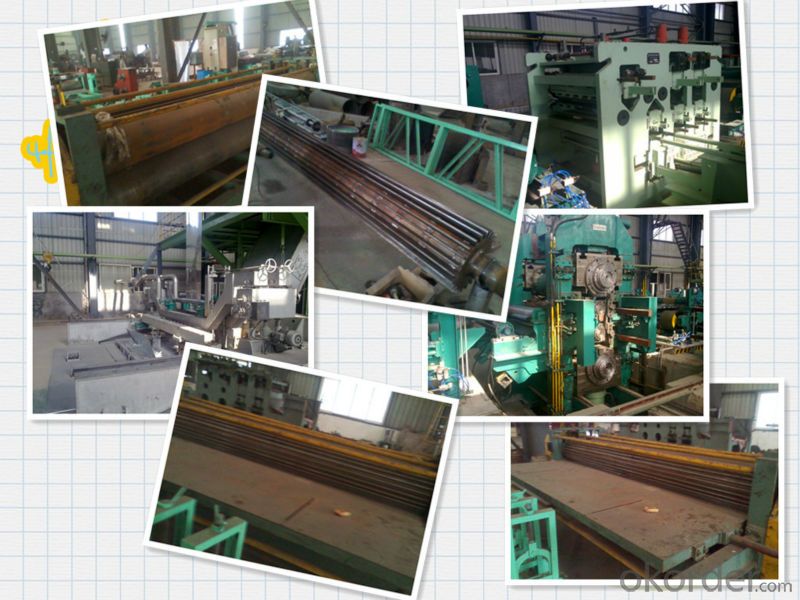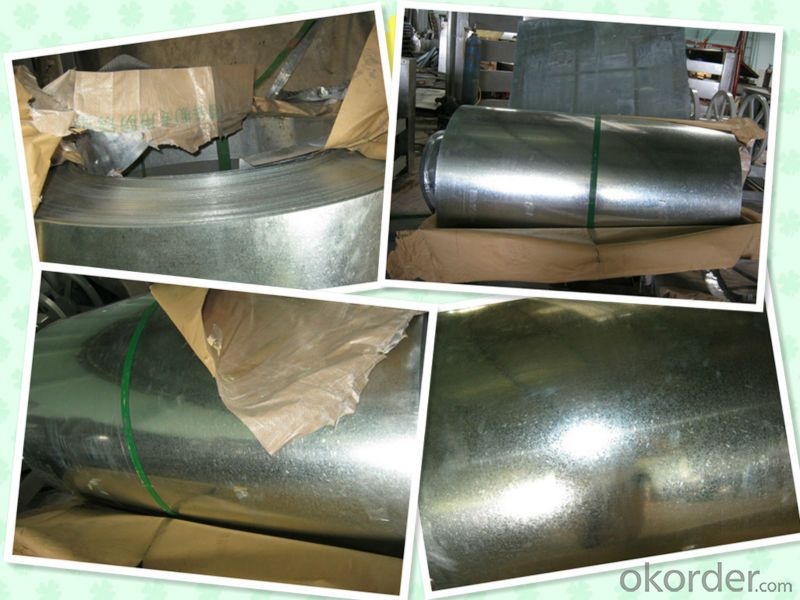Packaging & Delivery:
Packing details: standard export packing
Delivery details: 20days
OKorder Service Pledge
OKorder Financial Service
You Might Also Like
Place of Origin: Hebei, China (Mainland)
Model Number:GTLM-GC-007
Material:SGCC,SPCC etc.
spangles:regular spangle, minimized spangle, zero spangle
Packing details: standard export packing
Delivery details: 20days
galvanized steel
1.Thickness:0.135-4.0mm
2.Width:600-1500mm
3.Zinc:40g-275g
4.Material:SGCC,DX51D,G550,SPGC,etc
galvanized steel spcc/cgcc coil/sheets/plates
product name | galvanized steel sheets |
thickness | 0.135mm-4.0mm |
width | 600mm-1500mm762mm,914mm,1000mm,1200mm,1219mm,1250mm |
zinc coating | 40g,60g, 80g, 90,100g, 120g, 140g,180g, 200g, 250g, 275g and so on. |
standard | ASTM, AISI, DIN, GB |
material | SGCC,DC51D,DX51D,DX52D,,SGCD,Q195,Q235,SGHC,DX54D, S350 GD, S450 GD,S550 GD |
spangle | zero spangle, regular spangle or normal spangle |
surface treatment | chromated and oiled, chromated and non-oiled |
packing | export standard. |
payment | T/T, L/C or DP |
min order | 25 tons (one 20ft FCL) |
coil weight | 3-8ton or as client requirement. |
quality | soft or hard quality |
galvanized steel sheets spcc
Coating:40g/m2-275g/m2
Standard:ASTM,JIS,GB
Grade: Q195, SGCH,SGCC, DX51D , Q235,
Thickness:0.13mm-3.5mm Width:15mm-1500mm
Spangle: regular spangle, minimized spangle, zero spangle
Surface treatment: chromated and oiled, chromated and non-oiled
Certificate: SGS, mill's test report
STEEL GRADE | CHEMICAL COMPOSITION% | MECHANIC PROPERTY | C.B OF COATING | COATING | ||||||||||
C | Si | Mn | S | P | T.S | Y.S | E.L | |||||||
x103 | x103 | x102 | x103 | x103 | Mpa | Mpa | % | d=0 180° | G/M² | |||||
JIS G3302 SGCC | 12 | 30 | 41 | 31 | 21 | 480 | 300 | 13 | OK | Z60-150 | ||||
JIS G3302 SGCH | 12 | 10 | 21 | 18 | 8 | 680 | 650 | OK | Z60-150 | |||||
ASTM A653 CS.B | 20 | 30 | 60 | 35 | 30 | 386 | 205~380 | 20 | OK | Z80-275 | ||||
DX51D+Z | 29 | 21 | 18 | 1.8 | 11 | 355 | 245 | 38 | OK | Z80-275 | ||||
G550 | 20 | 6 | 73 | 5 | 17 | 715 | 654 | 8 | OK | Z80-275 | ||||
Production

Equipment

Actual packing GI steel

Send your message to us
OKorder Service Pledge
OKorder Financial Service
Similar products
Hot products
Hot Searches
Related keywords